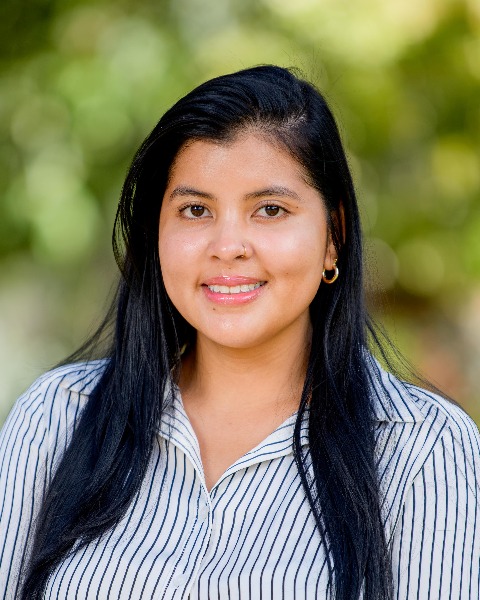Poster
Physiology, Biochemistry, and Toxicology
PBT: Physiology and Molecular/Cellular Biology
D3419: Host choice of the parasitic mite Varroa destructor

Genesis Gissel Chong (she/her/hers)
Graduate Student
University of California
Riverside, California- BB
Boris Baer
Professor Investigador
University of California
Riverside, California
Presenting Author(s)
Co-Author(s)
Host selection is a critical life stage for parasites, shaping their ability to propagate and be vectored, while also exposing them to host immune systems with varying pathogen recognition and elimination capacities. In the context of Varroa destructor, a honey bee parasite, host selection marks the initial step in initiating their reproductive cycle. Varroa mites, ectoparasites of bee broods, exploit the period between larval brood cell capping and adult bee emergence to produce sexual offspring, which disperse upon bee emergence.
This research aims to unravel the factors influencing Varroa mite host selection and the corresponding responses of honey bee hosts. Utilizing different bee genotypes available at UCR, each with documented variations in mite tolerance, a series of behavioral studies were conducted to quantify mite host preference. The findings revealed that Varroa mites exhibit a stronger attraction to 7-day-old purchased larvae compared to 7-day-old survival larvae. Notably, tolerant bee genotypes did not appear to attract fewer mites in comparison to more susceptible bee genotypes. This led to the hypothesis that tolerant bee genotypes may mount a more effective immune response against mite infestations, prompting an investigation into these immune responses, including the underlying molecular mechanisms.
In sum, this research sheds light on the host selection strategies of Varroa mites and the subsequent immune responses of honey bee hosts. Understanding these intricate interactions can have profound implications for managing Varroa destructor infestations, ultimately contributing to the preservation of honey bee populations and beekeeping practices.

.png)

